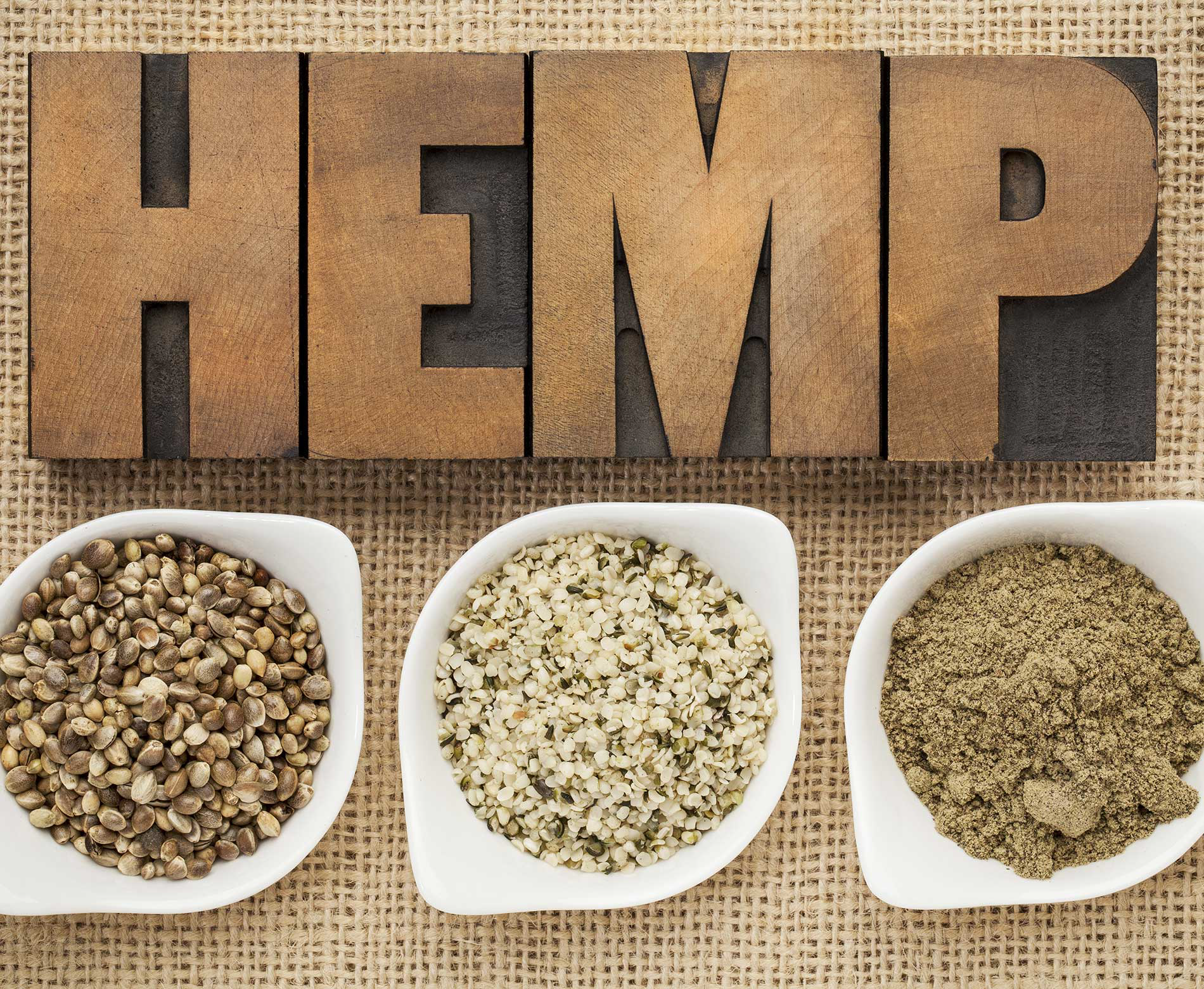
Hemp is an incredibly versatile plant that has been around for centuries. It was once a vital crop, used for everything from fiber to medicine to food. Unfortunately, it fell out of favor due to its association with marijuana. However, in recent years, hemp has been making a comeback as people recognize its many benefits, both for the environment and for society as a whole.
Hemp is a wonder crop that can be used for a variety of purposes, including renewable energy, textiles, agriculture, and more. In this article, we will explore the many benefits of hemp and how it can be used to help address some of our biggest environmental challenges.
The Rise of Hemp: A Versatile Solution to Environmental Challenges
Hemp is a sustainable crop that can be grown without the use of pesticides or herbicides. It is also extremely fast-growing, which makes it an ideal choice for farmers looking to increase their yields while reducing their environmental impact.
One of the biggest environmental challenges that we face today is climate change. Hemp has the potential to be a game-changer when it comes to reducing carbon emissions. Hemp plants absorb more carbon dioxide than most other crops, making them an excellent choice for carbon sequestration.
In addition to its role in reducing carbon emissions, hemp is also a valuable crop for soil regeneration. Its deep roots help to break up compacted soil, improve water retention, and increase nutrient uptake. This makes hemp an ideal crop for farmers looking to improve the health of their soil and reduce erosion.
Hemp as a Renewable Energy Source: A Game-Changer for Sustainability
Hemp can be used to produce a variety of renewable energy sources, including biodiesel, ethanol, and methane gas. These sources of energy are much cleaner and more sustainable than fossil fuels, which are responsible for a significant portion of our carbon emissions.
One of the most exciting developments in the world of hemp-based energy is the potential for hemp to be used in the production of hydrogen fuel. Hydrogen fuel is a clean, renewable energy source that has the potential to revolutionize the way we power our homes and vehicles.
Hemp for Textiles: Fashionable, Durable, and Eco-Friendly
Hemp fibers are incredibly strong and durable, making them an ideal choice for textiles. In addition to being durable, hemp fibers are also naturally resistant to mold, mildew, and bacteria, which makes them an excellent choice for clothing and other textiles.
Another benefit of using hemp for textiles is that it is much more sustainable than many other fibers, such as cotton. Cotton is one of the most water-intensive crops in the world, and the chemicals used in its production can be harmful to the environment. Hemp, on the other hand, requires much less water and can be grown without the use of harmful pesticides and herbicides.
Hemp in Agriculture: Revolutionizing Farming Practices for a Greener Future
Hemp has the potential to revolutionize the way we farm. Its deep roots and fast growth make it an ideal crop for regenerative agriculture practices, which prioritize soil health and biodiversity.
One of the most exciting developments in the world of hemp-based agriculture is the potential for hemp to be used as a natural pest deterrent. Hemp plants produce terpenes, which are natural compounds that repel pests. This means that farmers can grow hemp alongside other crops to help protect them from pests without the need for harmful pesticides.
Another benefit of using hemp in agriculture is that it can be used as a cover crop. Cover crops are planted in between other crops to help improve soil health and prevent erosion. Hemp is an excellent cover crop because it grows quickly and produces a lot of biomass, which can be used for mulch or animal feed.
Harnessing the Power of Hemp: A Sustainable Multi-Use Wonder Crop
Hemp is a wonder crop that has the potential to revolutionize the way we live, work, and farm. Its versatility and sustainability make it an ideal choice for addressing some of our biggest environmental challenges, including climate change, soil degradation, and biodiversity loss.
As we continue to explore the many benefits of hemp, it is clear that this amazing plant has a bright future ahead of it. Whether we are using it for renewable energy, textiles, agriculture, or any other purpose, hemp has the potential to help us create a greener, more sustainable world.




